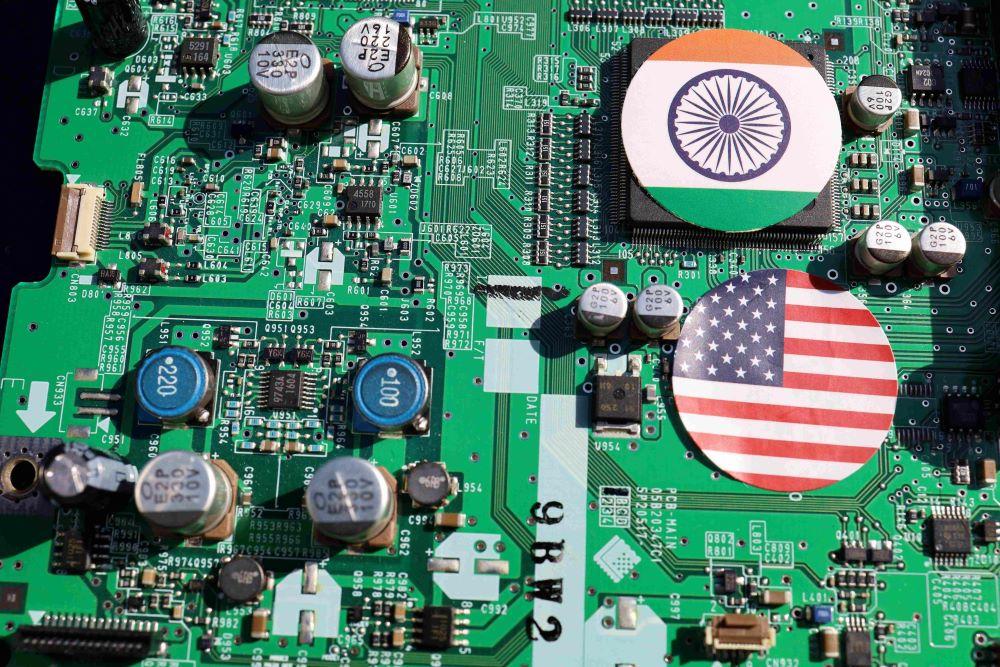
The U.S. and India plan to enhance defense industrial cooperation, which will include the establishment of a semiconductor fabrication plant in the subcontinent that will produce military chips.
Credit: Yuichi Wakamatsu / Alamy Stock Photo
The U.S. and India will deepen defense industrial cooperation, the two countries’ leaders said on Sept. 21. Following a meeting in Delaware between U.S. President Joe Biden and Indian Prime Minister Narendra Modi, the White House released a fact sheet emphasizing the budding bilateral defense...
Subscription Required
U.S., India To Deepen Defense Supply Chain Ties is published in Aerospace Daily & Defense Report, an Aviation Week Intelligence Network (AWIN) Market Briefing and is included with your AWIN membership.
Already a member of AWIN or subscribe to Aerospace Daily & Defense Report through your company? Login with your existing email and password.
Not a member? Learn how you can access the market intelligence and data you need to stay abreast of what's happening in the aerospace and defense community.





